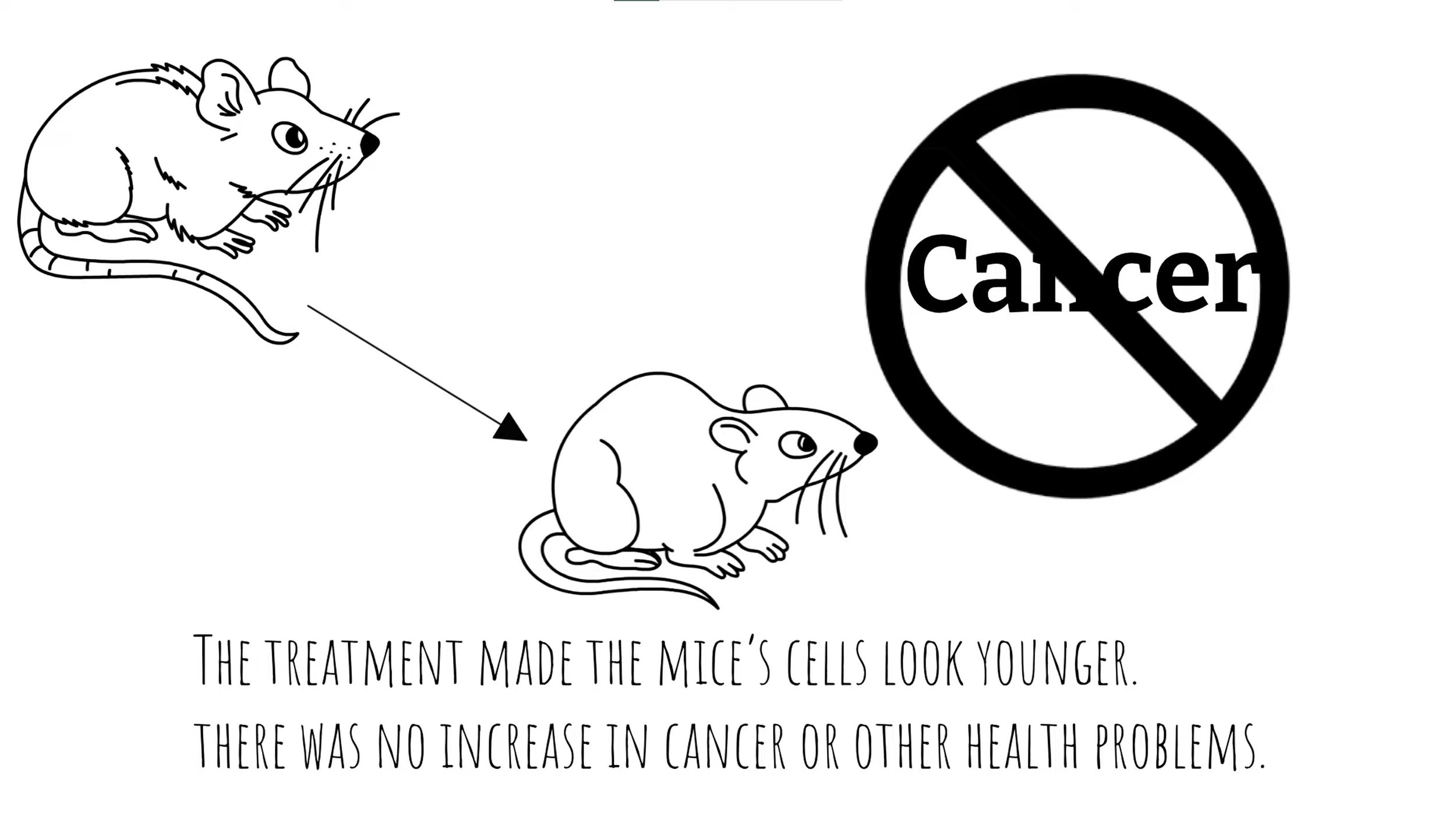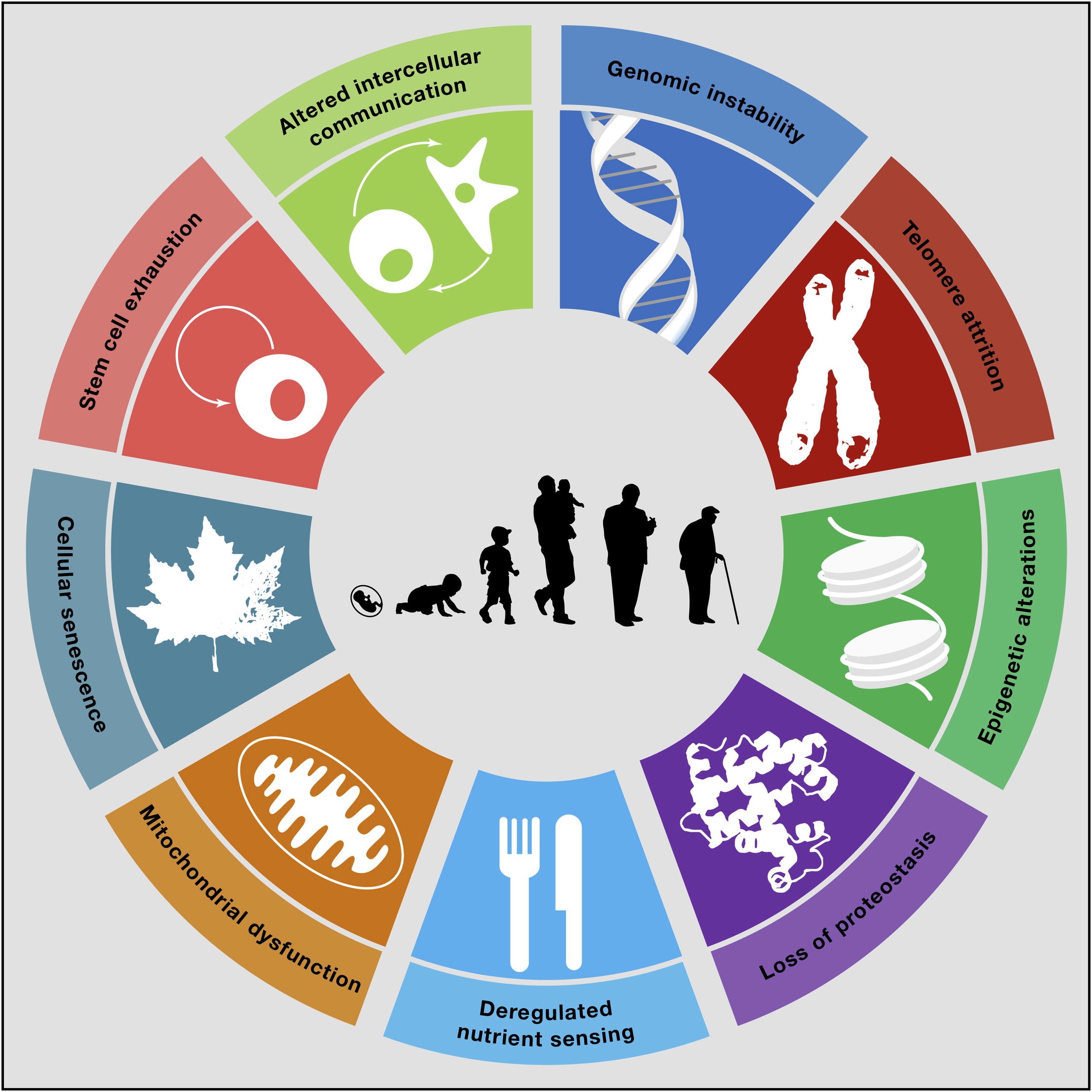Out in La Jolla, California, a top-ranked research institute has rewound time in mice, resetting their cells to youthful states without stimulating cancer growth, or other disease risk.
The field of studying healthy aging has come up with many ways to promote a longer health span in mice and humans, from grape seed extract, to infusions of gut microbes from younger mice, to using pharmaceuticals which trick your body into fasting.
Well now, it could be as simple as a duplicated molecule known as a “Yamanaka factor” being injected into an area of tissue, and the tissue unwinding years of DNA alteration and damage based on the organism’s interaction with the environment, leaving them with the cells of a young person.
Of course this is only simple because of decades of research in this area. The identification of the Yamanaka factors by Yamanaka Shinya was a huge leap, part of the work for which he won the Nobel Prize for discovering pluripotent stem cells.
At La Jolla, the Salk Institute for Biological Studies found that when mice were injected throughout a period of their life with the four Yamanaka factors, their cells regenerated in a youthful way. How did the scientists determine an older cell from a younger cell? They used epigenetics, which bares an explanation.
Put in a paragraph, epigenetics simply refer to how our genes change over our lives in response to the rigors of life. An “epigenetic change” could be the alteration of glucose metabolism in response to enduring years of famine, such as in the Dutch after World War II. Epigenetics are encoded partly by methyl groups, which if taken off, return cells to more youthful, inexperienced states where all kinds of functions become, at least in the mice, like they were when they were young.




